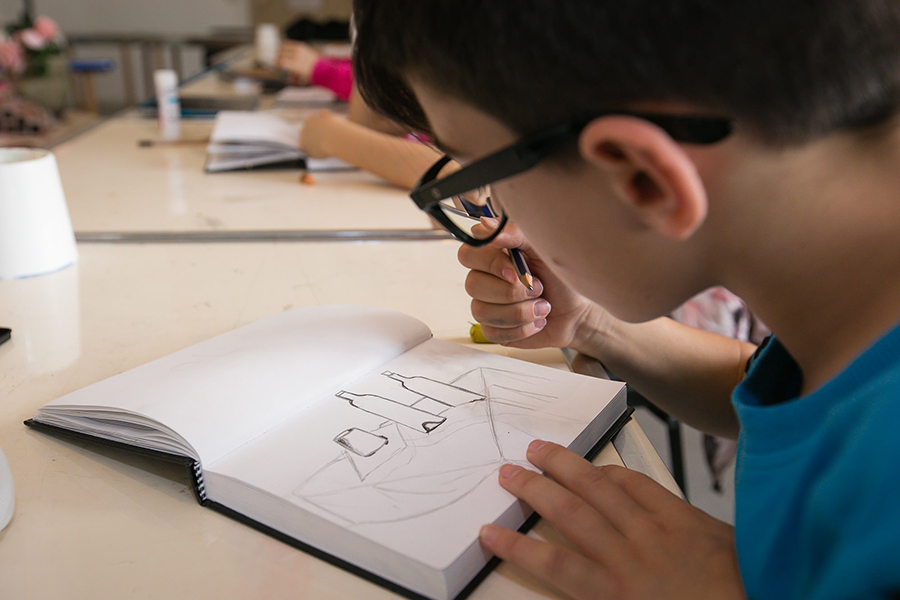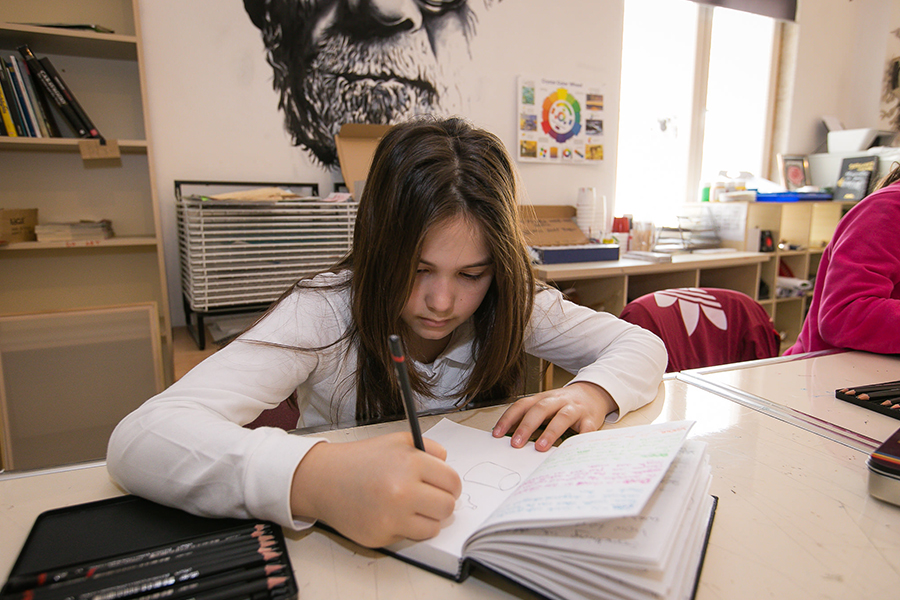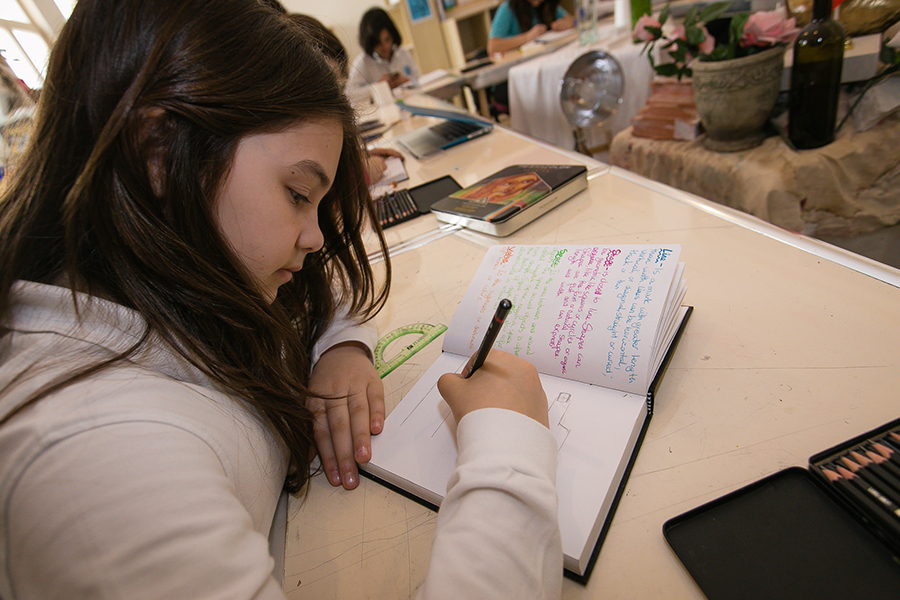MYP Approaches to Learning skills

The learner: What is a lifelong learner?
Students at Albanian College are provided opportunities to develop not only subject specific knowledge and understanding, but to build a framework of skills and habits that will benefit them throughout their lifetime. Teachers plan instruction, activities, and assessments to build these skills and habits, which can be found in detail at “ATL skills” From principles into practice (2014) (PDF)
Learning: How are students prepared and assessed?
Adolescent students are on the threshold of exponential change in their lifetime. The increasing flow of information, digital collaboration, innovations across the fields of Science, migration of human populations, and dramatic changes in the various environments in which students will be living in demands the development of skills and habits that allow them to adapt and assimilate. The ATL skills that are a part of the curriculum, behavior management and pastoral care programmes at Albanian College ensure that these skills and habits are at the forefront of teaching and evaluation during the school year.

Approaches to Learning
With the five skills categories of Approaches to Learning, the IB has captured the essential skills and attitudes students need to develop and master to be successful in an economically and socially evolving world. For them, change will be the only constant as they prepare for, enter, and exist as members of the global work force and as members of a wide variety of communities, both in reality and virtually.
Albanian College places great importance on these skills. They are developed both extrinsically and intrinsically in the classroom and Advisories. Every Term and Final report includes a measure of and narrative comments on individual student growth and mastery of ATL skill clusters.
| ATL skill categories | MYP ATL skill clusters |
|---|---|
| Communication | 1.Communication |
| Social | 2.Collaboration |
| Self-management | 3.Organization |
| 4.Affective | |
| 5.Reflection | |
| Research | 6.Information literacy |
| 7.Media literacy | |
| Thinking | 8.Critical thinking |
| 9.Creative thinking | |
| 10.Transfer |


ACADEMICS
APPLY NOW
GUIDANCE
PROGRAMMES
MANAGEMENT PORTALS

